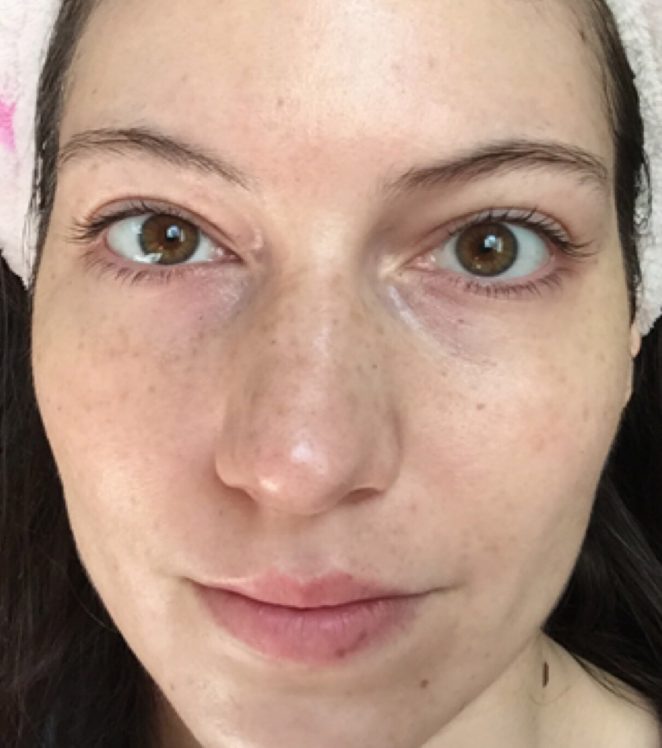What collagen injections are really like for your skin?
We have healthy, young and supple skin thanks to the main building material, collagen. Unfortunately, with age, its production decreases, fibres become weaker and weaker and our skin is less elastic. After the age of 25, we begin to lose as much as 1.5% connective tissue per year, resulting in the creation of the first facial lines.
During the ageing process, in addition to the decrease in skin elasticity associated with the reduction of the amount of collagen and elastin fibres, the amount of subcutaneous fat is also reduced, and facial muscles become weaker. The result is the appearance of gravity wrinkles and noticeable changes in the face oval. However, we can counteract it, and the best way to fight the loss of collagen is to supplement its deficiencies and eliminate the effects of its loss.
Injectable collagen creates optimal conditions for the reconstruction of the dermis and collagen fibres. The mechanism of action is based on modification of the extracellular matrix, causing multiplication of fibroblasts and production of collagen type III. Stimulation of fibroblasts in the lower layer of connective tissue causes changes in the thickness and structure of the skin, increasing its elasticity and density.
The unique bioregenerative ability that collagen possesses makes this procedure unlimited, which means that it will be just as effective in young people, just after 25 years of age, as well as in very mature patients with advanced ageing. Importantly, collagen is a modern and safe product registered as a medical device. The atelocollagen, deprived of terminal telopeptides, means that collagen therapy does not cause side effects or allergic reactions. Call today to book your consultation 07747474755.
Dr Małgorzata Lewicka-Kisiel
Face and Neck Surgery Consultant





 Collagen and Nithya Cosmetics Product Line
Collagen and Nithya Cosmetics Product Line










